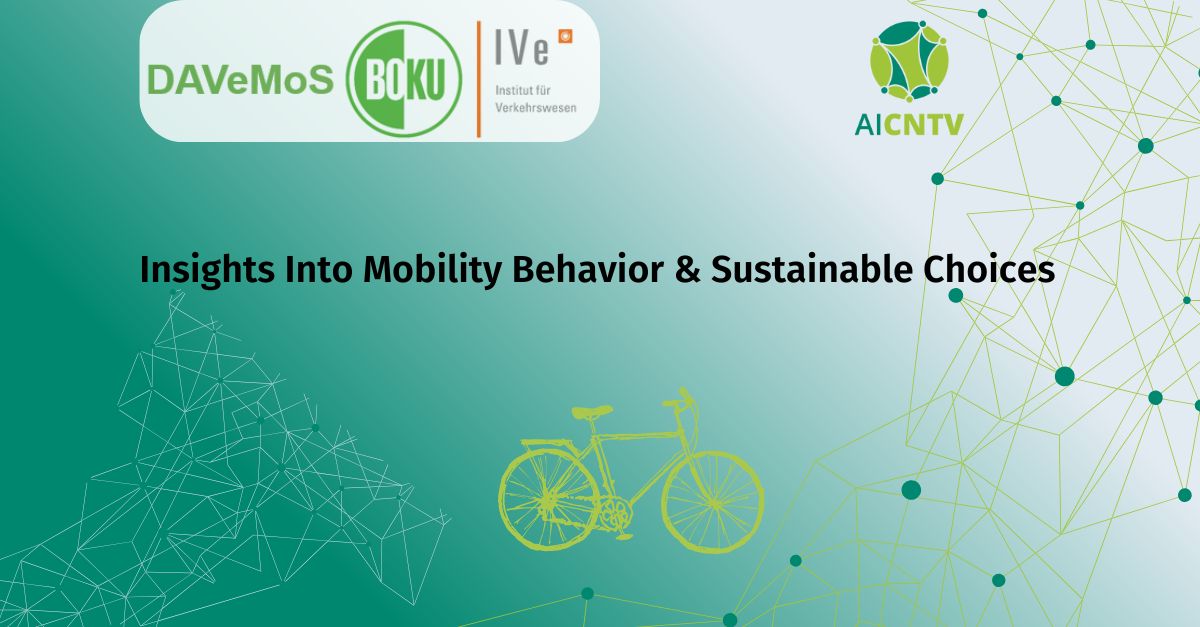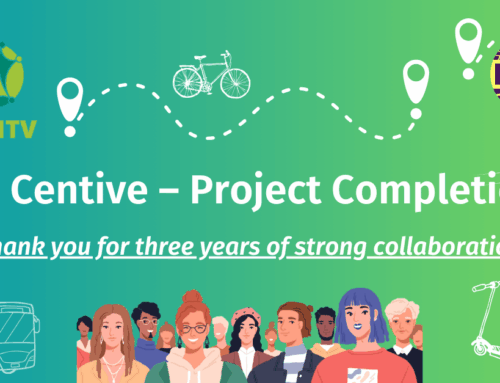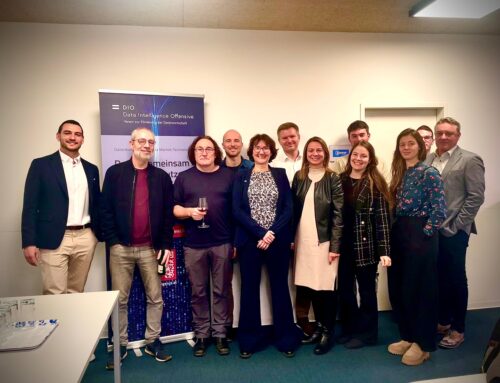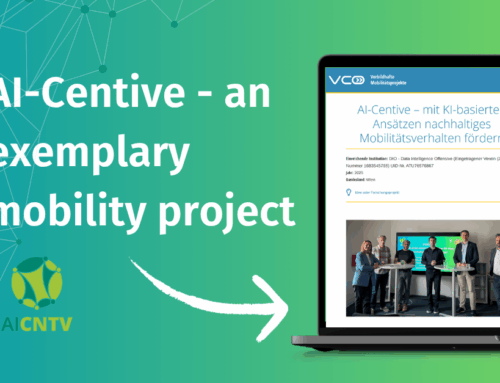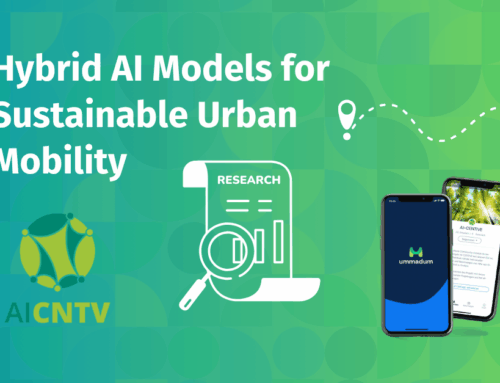A recent pilot study by the DAVeMoS research group at BOKU, in collaboration with the Ummadum mobility app, explores how digital incentives can encourage sustainable mobility choices. Specifically, the research investigates behavioral nudges and incentive systems designed to motivate individuals to choose more eco-friendly transportation options.
The first AI-CENTIVE user pilot represents an innovative approach to understanding how digital interventions can influence transportation behavior. By focusing on cycling as the initial mode of analysis, the study reveals key insights into user motivation and engagement strategies.
The study found that challenges with high rewards and ranking systems are the most effective at driving participation. However, financial incentives alone have a limited impact on increasing cycling trips, suggesting that other motivational factors—such as community engagement—play a significant role. Additionally, well-timed notifications can boost engagement, particularly recommendation and encouragement messages.
What’s Next: The current analysis focuses specifically on bicycle mode, with planned comprehensive analyses forthcoming that will examine additional travel modes including walking, public transit, and ride-sharing. The project will be publishing more detailed insights and research reports in the future, so we encourage interested parties to follow our progress and sign up for updates.
These insights are crucial for optimizing mobility apps, making sustainable transport more appealing, and shaping smarter policies for greener cities. Ongoing research continues to drive engagement in mobile applications for sustainable mobility trips.
Stay Informed: Want to learn more about how technology can drive greener mobility choices? Sign up for our updates and be part of the sustainable transportation revolution!

